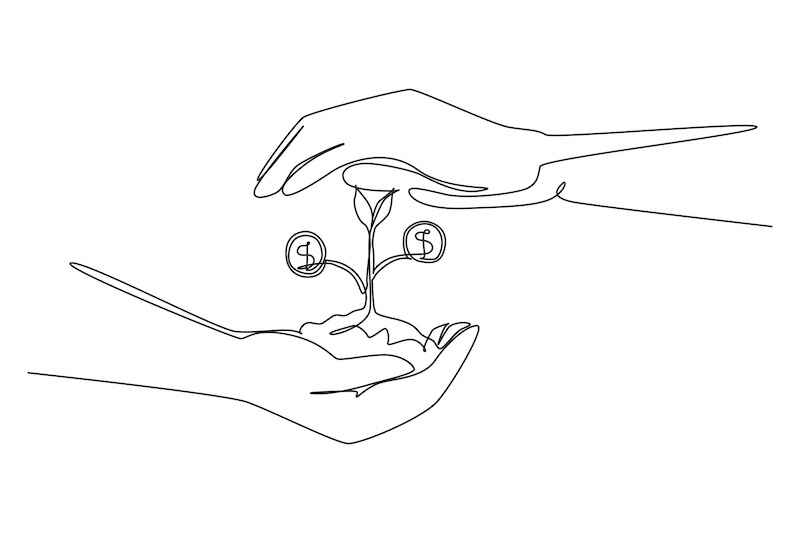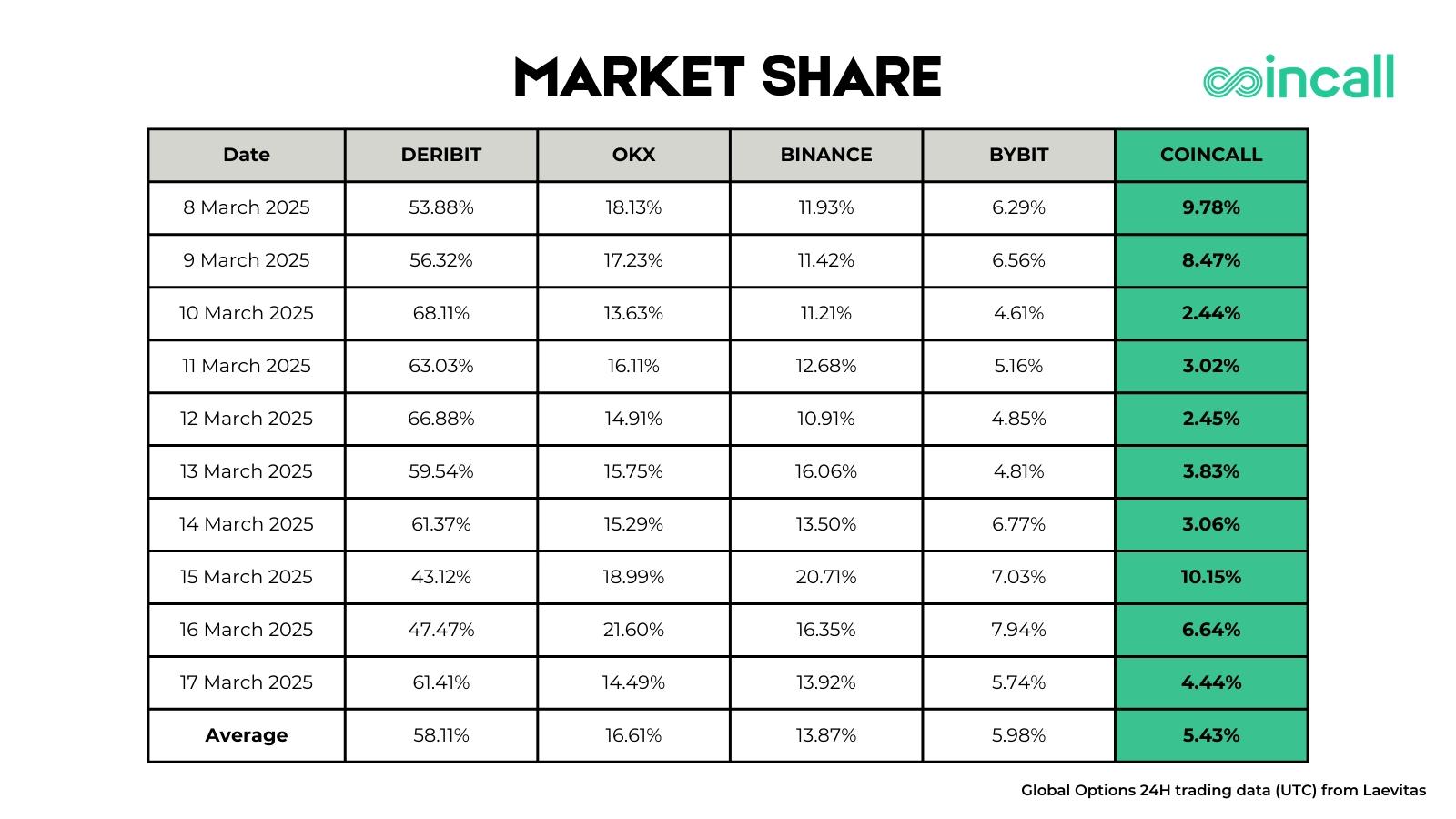Donald Trump’s first term was filled with obstacles and roadblocks.
But even with COVID-19, rising rates, constant legal battles and Democrats controlling Congress…
The market soared.
Eight million Americans became millionaires.
So just imagine what the next four years could look like…
Republicans control both houses.
The Fed is cutting rates.
And Trump is surrounding himself with the smartest people in America.
Alexander Green believes Trumps radical plan to fix America will deliver a time of prosperity unlike anything weve seen since the Roaring ‘20s…
And its centered around one impressive piece of technology. This time, Alex says 20 MILLION new millionaires could be created…
And the opportunity for Mainstreet investors is just getting under way.
Join Alex and Bill OReilly as they discuss “The Rebirth of the American Dream.”
Click here to view the full interview.
– Nicole Labra, Senior Managing Editor
In Monday’s column, I discussed how America’s Founders viewed the pursuit of happiness.
Rather than seeing it as an attempt to merely get and have more, they saw it as the lifelong pursuit of virtue… of trying to be good rather than feel good.
This, they believed, is what leads to a flourishing life.
Yet these virtues – industry, thrift, courage, temperance, etc. – are also essential to achieving our most important financial goals.
Let’s start with a discussion of how individuals accumulate wealth over a lifetime.
Everyone in this country who reaches retirement age and doesn’t have the money to retire comfortably has made one of the following mistakes…
They didn’t work. Or they worked but didn’t save. Or they saved but didn’t invest. Or they invested but not wisely. Or they invested wisely but didn’t leave the money alone to compound.
Let’s take a closer look at these factors through the Founders’ lens of virtuous living.
I was taught as a child that we all start with nothing and make our way in the world by serving others.
Some young people will stop me right there and disagree.
One of my friend’s sons told his father upon college graduation, “I have no intention of working for the man.”
(However, playing the guitar in a coffee shop didn’t lead to the life of his dreams either.)
“The man” is a synonym for someone – or, more particularly, some business – that is competing hard to satisfy actual or potential customers.
For some reason, a lot of kids miss that these days.
Ask them what teachers do for a living, and they’ll say, “educate kids.” Ask them what doctors do for a living, and they’ll say, “heal the sick.” Ask them what businesspeople do for a living, and they’ll say, “make money.”
But teachers and doctors make money. Everyone gets paid for their work. So we can see they haven’t really said anything about businesspeople at all.
Here’s a better explanation of what businesspeople do: They offer to make our lives better.
We all depend on businesses to provide us with life’s essentials – food, clothing, shelter, utilities, health care, etc. – as well as discretionary items like the PING G430 MAX 10K Driver that promises longer, straighter tee shots with more forgiveness.
(Forgiveness is also a virtue.)
I fail to see why it’s a sell-out to work for “the man”?
In fact, I would say the less virtuous path would be to think about myself and what I want rather than other people and what they want.
We all survive by serving others.
I provide content that my publisher needs. I provide advice that my subscribers want. And that provides my family with the income they need to flourish.
It’s a win-win-win.
In short, industry is the first virtue. Work generates income. Working hard – and upgrading your skill set – creates more income.
And more hours, more workdays, a side hustle, or a second job creates more income still.
The next virtue is frugality.
Like me, I’m sure you’ve known plenty of adults who spend everything they make.
Not because they’re just scraping by but because they’re undisciplined spenders.
They have to have the new house, the new car, the new boat, the new clothes, the new trip, and so on.
If you can afford these things and still save, great. But if you can’t, it’s time for some serious adjustments.
And no one is in a better position to know where to cut back than the individual doing the actual spending.
Once someone has demonstrated industry and frugality, the next virtue is courage.
If you keep your money in super-safe investments like Treasury bills, certificates of deposit and money market funds, you will earn a low return, one that may not even keep up with inflation.
That means you need to have the courage to buy real estate and/or stocks, even though no one can guarantee that your investments will be profitable.
Real estate tends to appreciate over time. But it generally requires a substantial loan and ongoing costs, like maintenance, repairs, property taxes, homeowner’s insurance, etc.
Nothing has beaten the long-term return of a diversified portfolio of common stocks. (Or more to the point, a diversified portfolio of uncommonly good ones.)
Diversification reduces your risk. Owning three profitable businesses is less risky than owning one profitable business. And owning 30 stocks – or 300 – is a lot less risky than owning one or two.
Over the long haul, the S&P 500 has returned about 10% annually – and many stocks have done far better.
History shows that if you have the courage to move beyond ultra-conservative investments and take intelligent risks, your returns will be far higher and your progress toward your most important financial goals will be far quicker.
Then comes the need for still another virtue: temperance.
As the money compounds in value, many investors find the temptation to spend it irresistible.
They decide they simply must have that sports car they always wanted or the trip they always dream of.
I won’t argue against these things. However, I will argue that they should be worked into the household budget or saved for separately.
Why? Because if you see your growing retirement portfolio as just a big pot of money that can be raided when an opportunity arises, there is a strong probability that that’s exactly what will happen.
And that comfortable retirement? It will be a lot less comfortable.
In sum, the Founders were on to something. Virtuous living is its own reward.
Yet it also leads to material rewards.
Industry, frugality, courage, and temperance are good for building character.
But they’re also great for building your net worth.
Credit: Source link














